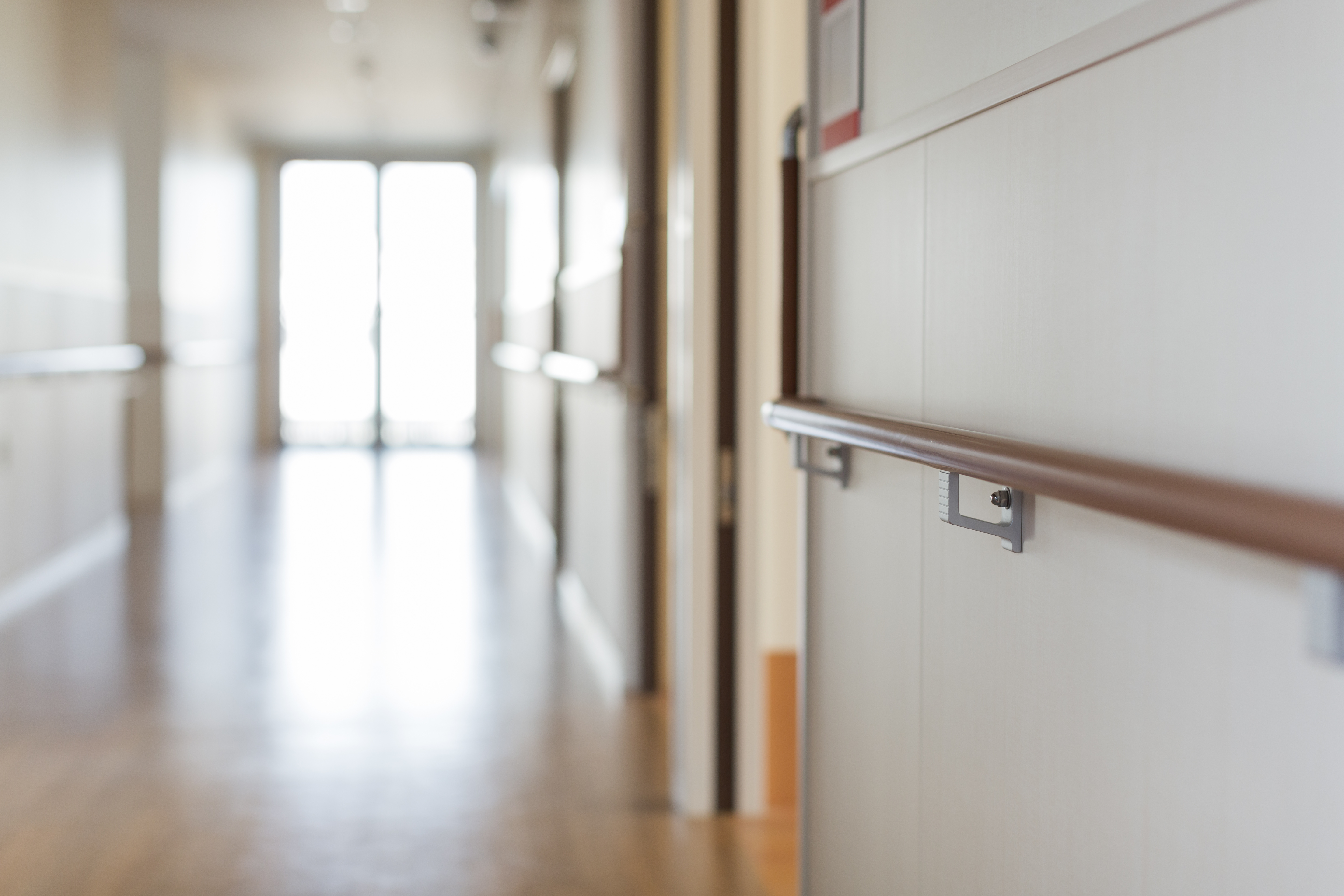During the COVID-19 crisis, many nursing homes and hospitals banned visitation of patients even by spouses and children. The fear of spreading the disease meant that thousands of Alabamians spent their final weeks and in some cases months completely alone outside of the doctors and staff at the facilities where they spent their final time on this earth. A bill in the Alabama Senate would change that and set minimum standards of visitation for patients in long-term care facilities.
Senate Bill 307 is sponsored by Sen. Garlan Gudger, R-Cullman.
SB307 addresses the heartbreak of separation between patients and their families during this pandemic. This Bill would afford access by family members to their loved ones. It is co-sponsored by Senate Pro Tem. Greg Reed, R-Jasper; Sen. Price, R-Opelika, who survived a lengthy hospital stay including two stints in intensive care; Sen. Chris Elliott, R-Daphne, Andrew Jones, R-Centre; Sen. Dan Roberts, R-Mountain Brook; Sen. Sam Givhan, R-Huntsville; Sen. Will Barfoot, R-Pike Road; and Sen. J.T. “Jabo” Waggoner, R-Vestavia.
SB307 would set minimum standards for visitation when visitation may be limited due to a public health emergency, subject to reasonable restrictions. This bill would also provide civil immunity for health care facilities acting in accordance with its provisions.
“The Legislature finds that it is in the best interests of the residents of Alabama to continue to have access to their loved ones receiving acute care or residing in long-term care facilities during a public health emergency and that companionship with one’s loved ones during that time can provide support and peace of mind that positively impacts the healing process.”
The bill defines health care facility as “A general acute care hospital, long-term care facility, skilled nursing facility, intermediate care facility, assisted living facility, or specialty care assisted living facility.”
“During a declared state public health emergency, a health care facility shall continue to allow patients to receive visitors consistent with all applicable federal laws and regulations of the Centers for Medicare and Medicaid Services or Centers for Disease Control and Prevention, or any limitations set by a state or federal public health order. A health care facility may require the person visiting a patient under this act to comply with all reasonable safety protocols of the health care facility that have been established to protect the health and safety of the visitor, patients, and staff of the health care facility.”
“Accompaniment by a caregiver or visitation from a visitor advocate shall be subject to reasonable restrictions imposed on the caregiver or visitor advocate because of any of the following: (1) A patient’s or resident’s likelihood of exposing someone to an infectious disease is not controllable despite using reasonable safety practices, such as personal protective equipment. (2) A caregiver or visitor advocate actively exhibiting symptoms relating to an infectious disease. (3) Lack of adherence to proper infection control practices.”
State law cannot supersede federal laws or guidelines so: “Nothing in this act shall expand, alter, or amend visitation guidelines or regulations implemented or enforced by the Centers for Medicare and Medicaid Services.”
Long term care facilities do receive limited civil immunity in this bill: “A health care facility acting in good faith compliance with this act shall be immune from civil liability for any actions taken under this act.”
The Senate Health Committee gave a favorable report to SB307 on March 18 in a 12 to 0 vote. The Senate Health Committee is chaired by Sen. Jim McClendon, R-Springville. The bill is now poised for consideration by the full Senate.
The Alabama Senate will return for day 17 of the Alabama regular legislative session on Tuesday, March 30. The 1901 Constitution of Alabama limits the legislature to meeting no more than 30 days during a 105 calendar day period.




















































